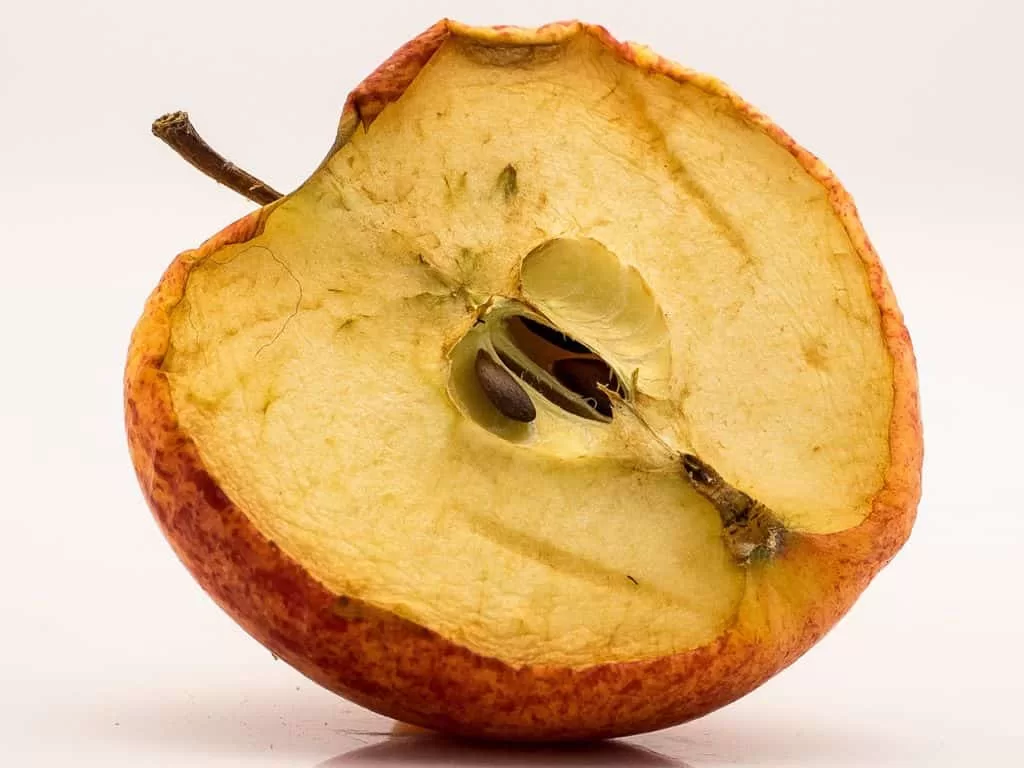Oxidation is a real problem for food products. Oxidation, for example, causes raw apples and potatoes go brown, but this can prevented in the kitchen by adding lemon juice. It’s very effective because lemon juice contains a very  strong antioxidant – ascorbic acid or vitamin C (E300). By preventing or slowing down the oxidation process in foods, waste through spoilage is reduced.
strong antioxidant – ascorbic acid or vitamin C (E300). By preventing or slowing down the oxidation process in foods, waste through spoilage is reduced.
Many antioxidants occur naturally in fruit and vegetables, many of which are flavonoid compounds such as quercetin in onions and apples, and epigallocatechin in tea. The health benefits of these antioxidants are becoming clear, and many scientific studies have been carried out on them. Oxidation can damage DNA leading to cancer, and can change polyunsaturated-fatty acids into forms that contribute to heart attacks and strokes. Increasing the consumption of antioxidants can have a preventative effect against cancer and heart disease, although it’s not clear yet which are the most effective.
 Unsaturated fats are particularly vulnerable to oxidation, and this causes them to turn rancid. These are some examples of antioxidant food additives:
Unsaturated fats are particularly vulnerable to oxidation, and this causes them to turn rancid. These are some examples of antioxidant food additives:
Ascorbic acid (E300), or vitamin C, is found in many different fruits. It is also commonly used as a flour improver.
Butylated hydroxyanisole (E320) is a synthetic antioxidant which works by stabilising free radicals.
Butylated hydroxytoluene (E321) or BHT is another synthetic antioxidant. It works in the same way as butylated hydroxyanisole, but has caused controversy, as it has produced adverse effects in dogs. However, it also has anticancer effects.
Propyl gallate (E310) is a synthetic antioxidant. Its main food use is in products that contain oils and fats.
Tocopherols (E306) are natural antioxidants which are forms of vitamin E. The most important sources are vegetable oils such as palm, corn, sunflower, soybean and olive.

